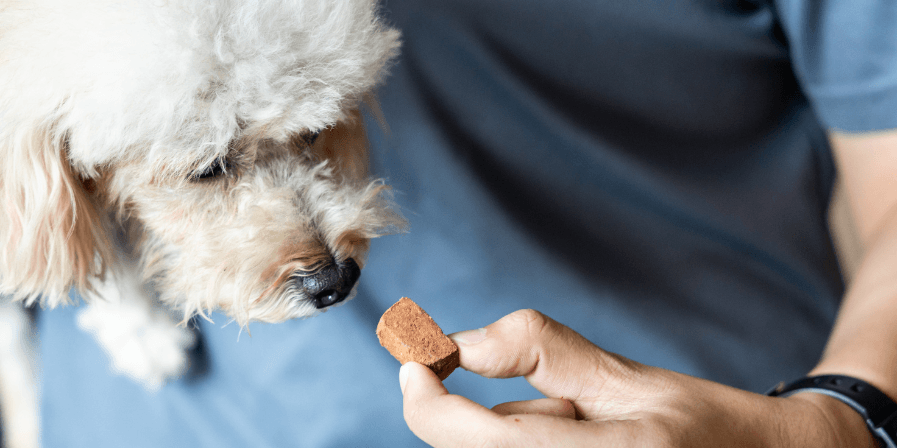A Guide to Pet Medicine Administration

Administering medicine to your pet can be a challenging task, but with the right techniques and approach, you can ensure your pet gets the treatment they need. Here’s a comprehensive guide to drug administration for pets safely and effectively.
A Guide to Pet Medicine Administration
Administering medicine to your pet can be a challenging task, but with the right techniques and approach, you can ensure your pet gets the treatment they need. Here’s a comprehensive guide to drug administration for pets safely and effectively.
1**. Understand the Medication** • Consult Your Vet: Always consult your veterinarian before giving any medication to your pet. Understand the purpose, dosage, and schedule for the medication. • Read Instructions: Carefully read the label and instructions provided by your vet or the medication packaging.
2. Types of Pet Medications • Oral Medications: Tablets, capsules, or liquid form. • Topical Medications: Creams, ointments, or drops applied to the skin or ears. • Inhalants: Administered through a nebulizer or inhaler.
3. Oral Medication Administration • Tablets and Capsules: • Hidden in Food: Hide the pill in a small amount of your pet’s favorite food or a pill pocket treat. Make sure your pet eats the entire portion containing the medication. • Direct Method: Hold your pet’s head gently, open their mouth, place the pill as far back as possible, and then close their mouth and rub their throat to encourage swallowing. Follow with a treat or a small amount of water if necessary. • Liquid Medication: • Use a syringe or dropper to measure the correct dose. • Hold your pet’s head steady, gently insert the syringe into the side of their mouth, and slowly release the liquid. Allow your pet to swallow naturally.
4. Topical Medication Administration • Skin Applications: • Part the fur and apply the medication directly to the skin as directed. • Prevent your pet from licking or rubbing the area until the medication has absorbed. • Ear Drops: • Hold your pet’s ear flap upright, apply the drops, and gently massage the base of the ear to distribute the medication. • Eye Drops/Ointments: • Hold your pet’s head steady, gently pull down the lower eyelid, and apply the drops or ointment. Allow your pet to blink to distribute the medication.
5. Inhalant Medication Administration • Nebulizer or Inhaler: • Use a mask or chamber designed for pets to administer the medication. • Allow your pet to breathe normally until the entire dose is delivered.
6. Tips for Success • Stay Calm and Positive: Pets can sense your anxiety. Stay calm to help keep your pet relaxed. • Reward and Praise: Offer treats and praise to create a positive association with medication time. • Use Restraints if Necessary: Gently restrain your pet using a towel or enlist the help of another person if needed. • Be Consistent: Administer medications at the same time each day to establish a routine.
7. Monitoring and Follow-Up • Observe for Side Effects: Monitor your pet for any adverse reactions or side effects and contact your vet if you notice anything unusual. • Follow-Up Appointments: Keep all follow-up appointments with your vet to monitor your pet’s progress and adjust medication if necessary.
FAQ’s:
-
What should I do if I miss a dose? If you miss a dose, administer it as soon as you remember. If it’s close to the time for the next dose, skip the missed dose and continue with the regular schedule. Do not double the dose unless instructed by your vet.
-
Can I crush pills and mix them with food? Consult your vet before crushing any pills, as some pet medications are designed to be time-released or coated to protect the stomach. If approved, mix the crushed pill with a small amount of strong-smelling food to mask the taste.
Conclusion Drug administration for dogs requires patience, practice, and a calm approach. By following these guidelines and working closely with your veterinarian, you can ensure that your pet receives the necessary treatment effectively and safely. For bookings and inquiries, reach out to us at 9311560101 or dccpets.in. You can also visit our clinics for pet consultation in Delhi, Gurgaon and Noida.


 How can we help?
How can we help?